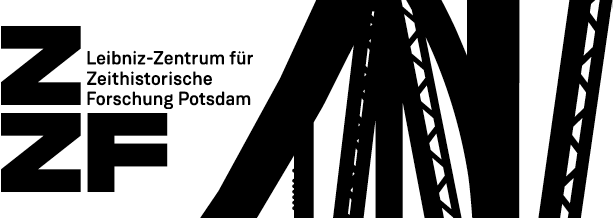Neue Globalisierungen: die Transformationen der internationalen Ordnung nach 1945
Internationale Organisationen, NGOs, transnationale Bewegungen und das Völkerrecht sahen sich in der Nachkriegszeit vor neue Herausforderungen gestellt: Während Themenfelder wie Menschenrechte, Kriminalität, Umwelt oder Entwicklung ganze Allianzen staatlicher, internationaler und nichtstaatlicher Organisationen auf den Plan riefen, produzierten der Kalte Krieg, die Dekolonialisierung und die mit ihr einhergehende Durchsetzung des Modells des Nationalstaats eine komplexe Gemengelage, die gleichermaßen von Hoffnungen und Zukunftserwartungen, internationaler Zusammenarbeit, Konkurrenz, Blockbildung und dem Rückzug ins Nationale geprägt war. Ausgehend von den beiden deutschen Staaten widmet sich der Teilbereich der Frage, wie sich die internationale Ordnung im Zeichen von Konkurrenz, Kooperation und Konflikt in der Nachkriegszeit veränderte und welche neuen, spezifisch zeithistorischen Formen von Globalisierung dies hervorbrachte.

